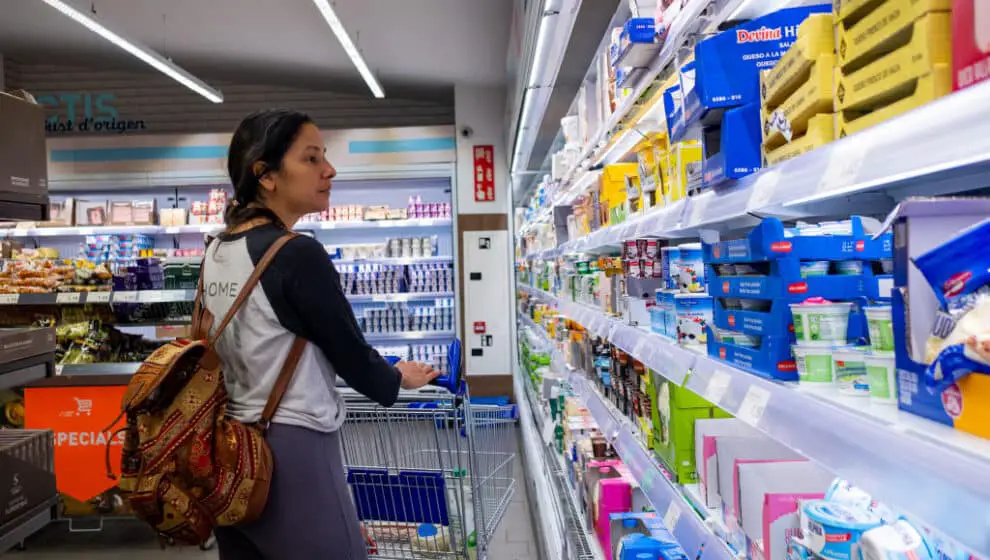As food prices continue to rise, more Americans are putting fewer groceries into the grocery-store shopping cart.
Key Details
- Previously, Americans were cutting back on the more expensive brands of groceries, opting for generic ones. Now, they’re cutting back on groceries altogether.
- A survey from food and beverage analyst Morning Consult found that shoppers are considering what food items are necessary and what can be put on hold.
- This trend is a shift from during the pandemic when shoppers were loading up on extra foods.
Why it’s news
With higher expenses across the board, more consumers are choosing to make meals at home, but now that isn’t as much of a cost saving measure as it once was.
The Consumer Price Index reports that food costs at home have risen 13% since last year. Nearly a quarter of survey respondents reported that they are cutting back on the amount of food they buy in an effort to save money.
That number is a 15% increase from October last year.
A growing number of consumers are worried that their grocery purchases will run out before their next paycheck. Now 42% of survey respondents have this worry—up 35% from last year.
Some consumers may be forced to place necessary purchases like groceries on a credit card, a risky move during times of high interest rates.
While 61% say that they are concerned about general inflation, 72% say they are concerned about grocery inflation. Produce, meat, and dairy are the main categories consumers are worried about.
